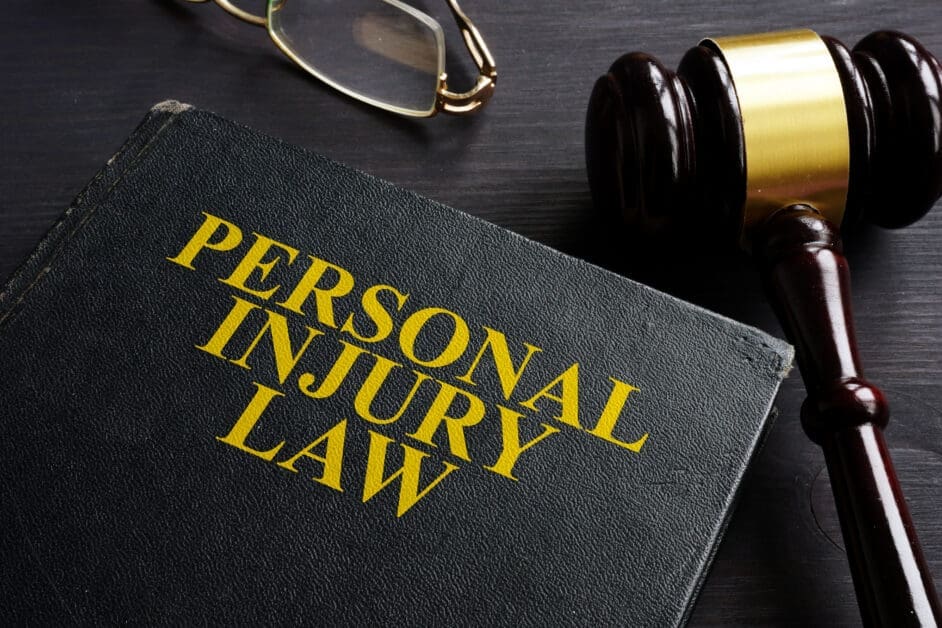How Long Does It Take to Resolve a Personal Injury Case?
Greenville, South Carolina, has seen a surge in both economic growth and traffic activity in recent years. Greenville County has reported the highest number of overall crashes statewide, an astonishing 17,111 incidents, outpacing other central counties in South Carolina. Rapid urban expansion and corridor development along I-85 and its feeder highways have contributed to this uptick, underscoring a growing need for skilled personal injury representation.
Against this backdrop, the role of a Greenville personal injury lawyer becomes crucial. Several dedicated professionals stand ready to assist individuals navigating the aftermath of accidents, from auto collisions to slip-and-fall incidents. With Greenville’s traffic trends creating elevated risks for residents, comprehensive legal support helps secure rightful compensation and provides clarity and peace of mind during recovery. In this guide, we clarify the factors that can affect the length of these types of cases.
Starting A Personal Injury Claim
It all starts with going to the doctor. This is crucial for health-related reasons and documentation. The medical records reflect injuries suffered. After medical treatment, seeing an attorney is always a good idea. Lawyers can provide insight into the value and strength of a potential case.
Evidence collection is the first step in any investigation phase. This could involve photos, testimonials, and reports from law enforcement. Lawyers use this knowledge to formulate a strong case. Depending on the complexity, this stage can take weeks to months.
Filing the Claim and Negotiations
After establishing the foundational elements, the claim is then submitted. With this formal step, a letter of intent to claim damages will notify the parties concerned. Once a petition is filed, the parties generally enter the negotiation stage. Settling is a quick way to resolve the matter; insurance companies may offer you a settlement. However, the amount paid does not always indicate the real value of the claim.
Negotiations can vary in length. Some cases take only a few months to settle, while others take more than a year. Building the foundation during this stage takes time, and persistence and patience are key. If discussions freeze, mediation may be an option that both sides consider to settle points in a friendly manner.
The Role of Discovery
If nothing can be reached, the case will move into discovery. This phase involves communicating details between the parties. Standard elements include depositions, interrogatories, and document requests. It gives each side an understanding of their opponent’s position and evidence.
This phase can take several months, depending on the complexity of the case and the amount of information. Both parties try to strengthen their arguments using proper preparation during this phase.
Trial Preparation and Proceedings
If that does not work, they then prepare for trial. This includes gathering evidence, identifying witnesses, and creating legal strategies. Trial preparation is intensive and highly detail-oriented.
The actual trial may be brief or protracted. Some trials take a few days to complete, and others take weeks. The trial length will depend on factors like the number of witnesses and the complexity of the evidence. A jury or a judge will then make decisions.
Appeals and Final Resolution
Even during a trial, cases may not be finalized. Either side could try to appeal that decision. If the process takes even more months or years on appeal, an appeal is simply a review of the trial to look for legal or procedural errors.
The end of the road comes only after all appeals are gone. Here, damages are compensated or adjusted according to the appeals court’s ruling. For most cases, this is the final stage of the legal process.
Factors Influencing Duration
Numerous contributing elements impact the time taken for a personal injury case. Injuries play a big part in how severe things are. The timeline will also depend on the severity of the injuries, as more serious ailments may require longer medical treatment. Duration can also be affected by the willingness of the parties to settle. A case with undisputed liability will likely settle faster than one with disputed facts.
Delays can be due to court schedules and availability. Trial dates might be further pushed out due to overwhelmed court systems. Also, the expertise and experience of the attorneys can impact efficiency.
Final Thoughts
There are several stages to resolving a personal injury. Each case progresses quickly, while others progress slowly, and others take years. Learning can help you prepare for the future. With professional legal guidance and a healthy dose of patience and work, individuals can work their way through the details of their case.















